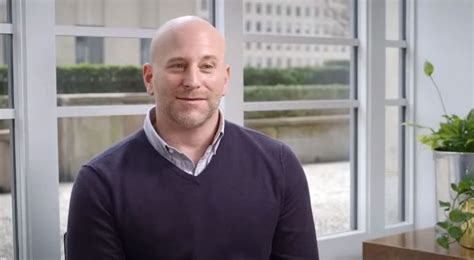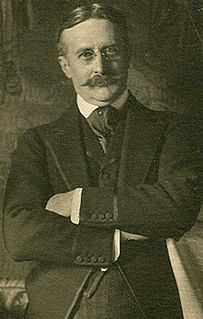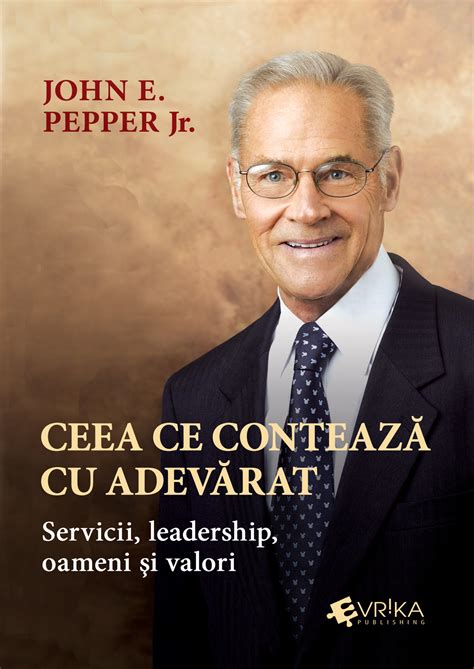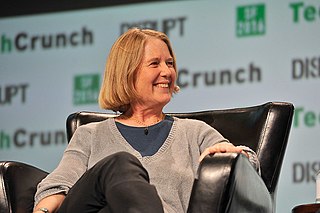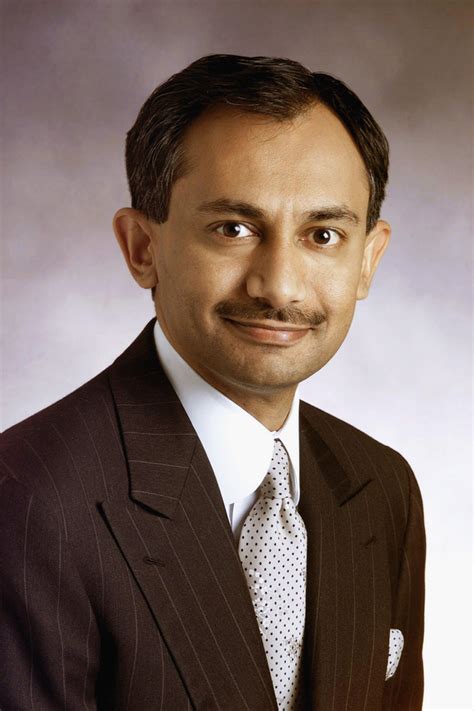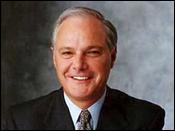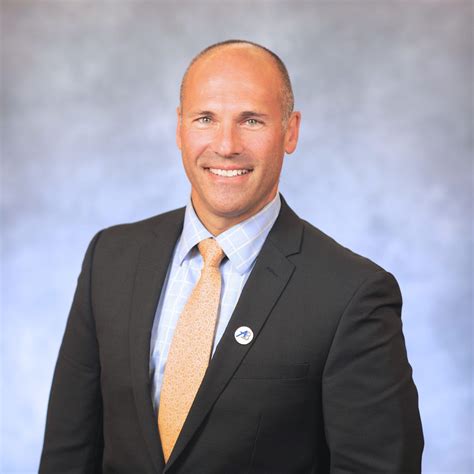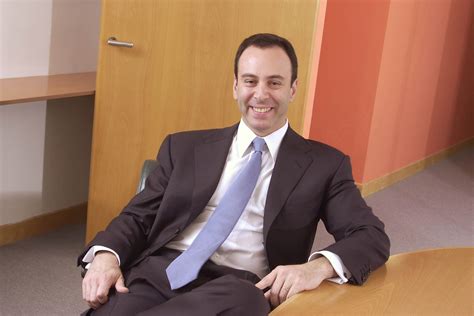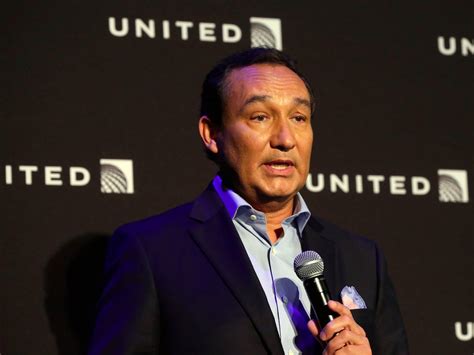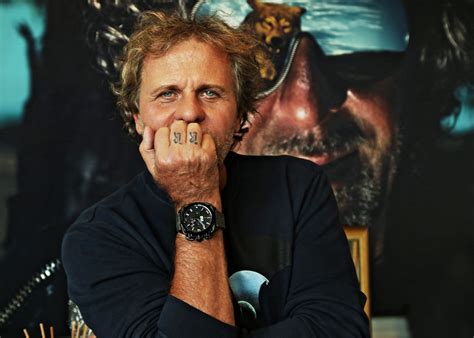Top 1200 Customer Quotes & Sayings - Page 18
Explore popular Customer quotes.
Last updated on April 20, 2025.
Treat [the customer] as guests when they come and when they go, whether or not they buy. Give them all that can be given fairly, on the principle that ‘to him that giveth shall be given’. Remember always that the recollection of quality remains long after the price is forgotten. Then your business will prosper by a natural process.
My advice to anyone who wants to join in on farming is diversify. Nature is diversified, and I know you'll always have a core thing that you'll really like, but hang stuff around the edges of it. It will make your place more interesting for people to come to, and it's a lot easier to sell something else to an existing customer.
Since I begrudgingly started my Instagram account and my social media exposure/connection. I say begrudgingly because I just didn't want to take the plunge, but when I realized it was just a direct connection to our customer and these women, I did it. I like listening to their stories and their feedback.
As we continue to drive the benefits of integrating our enterprise skills, capabilities, and experience - what we call operating as 'One Boeing' - we will find new and better ways to engage and inspire employees, deliver innovation that drives customer success, and produce results to fuel future growth and prosperity for all our stakeholders.
If you understand cause and effect, it brings about a set of insights that leads you to a very different place. The knowledge will persuade you that the market isn't organized by customer category or by product category. If you understand the job that consumers need to complete, you can articulate all of the experiences in that job.
In an organization of any significant size, the executives cannot create the future single-handedly. They must develop the enterprise in a constellation of teams within the overall team if they hope to bring the special talents and resources to bear on the challenge of creating superior customer value and sustaining a competitive advantage in the eyes of its customers.
I don't want to pick on Deutsche Bank, but I think the world of the regulated financial conglomerate, it is a strange thing. There is nothing in common between writing checks and running branch offices, issuing credit cards - those are good businesses, but they really have zero in common with M&A advice. They're a different customer.
It is advertising that enthrones the customer as king. This infuriates the socialist...[it is] the crossing of the boundary between West Berlin and East Berlin. It is Checkpoint Charlie, or rather Checkpoint Douglas, the transition from the world of choice and freedom to the world of drab, standard uniformity.
We were the first multibrand platform for the customization of designer clothing. And it's great to be a first mover if you manage to pull it off. You can have a great competitive advantage. But if you're quite early, you're learning a lot: both learning as a company, and the customer is still learning.
We've already seen shifts happening in some of the big companies - Google, Apple - that now understand how vulnerable their customer data is, and that if it's vulnerable, then their business is, too, and so you see a beefing up of encryption technologies. At the same time, no programs have been dismantled at the governmental level, despite international pressure.
Developing expertise or assets that are not easily copied is essential; otherwise you’re just a middleman. “
“Don’t try to be the ‘next’. Instead, try to be the other, the changer, the new. “
“Everyone is not your customer. “
“Fire the committee. No great website in history has been conceived of by more than three people. Not one. This is a deal breaker.
At the end of the day, I want to create collections that, although I am inspired by very creative women, I want my customer to walk away with a silhouette that she doesn't even know what collection it comes from. That it just lasts in her wardrobe and makes her feel strong and confident and hopefully happy.
In Japan, the attention to detail in customer service is an experience that is unlike anywhere else. It's really quite special. I think everyone who's interested in fashion would do well to take a trip to learn about presentation and the way the merchandise is handed to you. These are skills that no one really thinks about.
We want to have a diverse workforce that mirrors our customer base. Diversity of thought, we believe, is crucial to business success. We also are a tech company. And when we look at the skills that we need going forward, software engineers, electrical engineers, strong technology backgrounds, that's key for success as well.
Our employees and competitors thought we were docile. We want to be defiantly disruptive. I don't mean necessarily by launching price wars but by being the best at the basics - having the best customer service, the best on-time performance, the best coffee - in a thoughtful, not a testosterone-laced, way.
Consumers fall in love with a brand and it's important for a brand to develop and stretch itself to provide for their consumers. I don't suspect that a customer will walk into a store to buy a pair of jeans and end up buying a sofa, but it's about providing loyal consumers with a choice to create a lifestyle.
Limos, from the beginning of time, they know who they're picking up, they usually have a credit card on file, they know where the pickup location is, and so there's essentially a prearrangement of sorts, and, of course, the limo customer knows the driver, knows the company, knows the rates. All we've done is make it more accessible.

